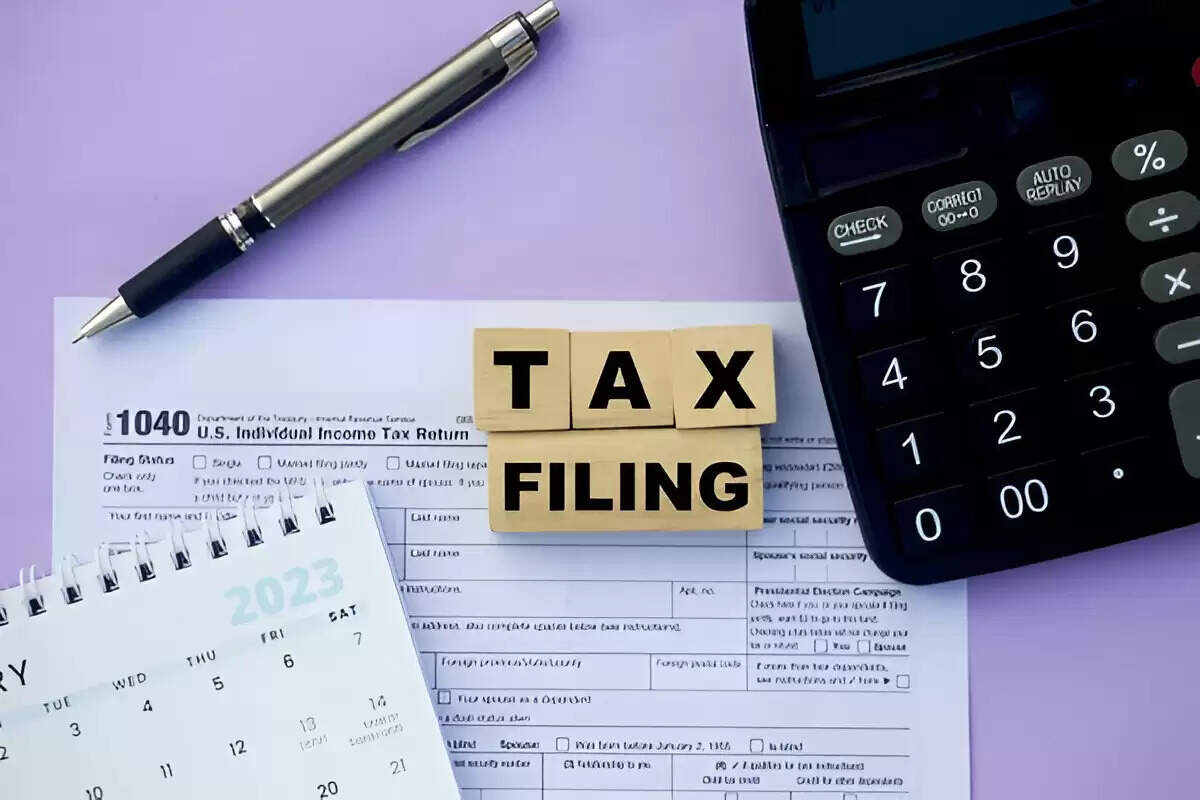What Happens After You File Your Income Tax Return (ITR)? Next Steps Explained
Understanding what happens next can help you take necessary action if necessary. Here is the post-filing process, which will help you know exactly what to expect after submitting your ITR.
Udaipur, April 18, 2025: A lot of people relax after filing their Income Tax Return, thinking the job is done. But that’s not exactly how it works. Once you submit your return, it goes through a verification and processing phase. This is where the tax department checks for any errors, mismatches or additional details needed. Depending on the outcome, you might get a refund, notice or confirmation.
Understanding what happens next can help you take necessary action if necessary. Here is the post-filing process, which will help you know exactly what to expect after submitting your ITR.
Verification of ITR
Filing your Income Tax Return isn’t enough—it must be verified to be considered valid. You can verify it online using Aadhaar OTP, net banking or an Electronic Verification Code (EVC). If you prefer offline verification, you need to send a signed physical copy of ITR-V to the Centralised Processing Centre (CPC) in Bengaluru. This must be done within 120 days of filing or your return will be treated as never filed. Without verification, your tax return won’t be processed and any refund due will not be issued.
Sending the acknowledgement of ITR V
If you verify your ITR by sending a physical copy, you must mail the ITR-V form to CPC Bengaluru. This form acts as an acknowledgement and must be sent by ordinary or speed post. Once received, the tax department sends a confirmation email to notify you that the process is complete. Until this step is done, your income tax e-filing remains incomplete. Also, any refunds or further processing of your return will be delayed. Therefore, you should always track the status of your submission to ensure it reaches the department.
Look up intimations/notices
Post verification, the Income Tax Department checks your return. If there are issues, they may send a notice or intimation. This can be for missing details, income mismatches, extra deductions or unpaid taxes. Sometimes, it’s just a confirmation that your return is processed. So, check your email and the e-filing portal regularly. If you get a notice, read it carefully and respond on time to avoid penalties. Tracking your tax filings helps you stay updated and avoid problems.
Safeguard the documents
Even after your ITR is processed, you must store all relevant documents securely. These include Form 16, tax payment challans, TDS certificates, capital gain statements and bank account statements. The tax department may ask for these during an audit or scrutiny check. So, keeping organised records ensures you can provide proof if needed. These documents help in future tax planning, reassessment or revision of returns. You can maintain digital copies as backups to ensure accessibility whenever required.
Avoid the penalty by paying advance tax
If your total tax liability exceeds ₹10,000 in a financial year, you must pay advance tax in four instalments. This applies to self-employed individuals, freelancers, business owners and those with capital gains, rental income or high-interest earnings. Missing advance tax payments can result in penalties and interest charges under Sections 234B and 234C of the Income Tax Act. To avoid this, estimate your annual tax liability accurately and pay on time. Advance tax ensures compliance, prevents last-minute burdens and keeps you from facing unnecessary penalties later.
Closing notes
Filing your Income Tax Return is the first step. Knowing what happens next helps you avoid penalties, stay compliant, and make smarter financial decisions. But tax filing isn’t just about following rules. It’s also a chance to save money. By using deductions, exemptions and smart investments, you can lower your tax burden and keep more of your earnings.
A good place to start is by understanding how to calculate income tax. This depends on your income slab, deductions under sections like 80C and 80D and any exemptions you qualify for. To make it easier, use an income tax calculator to check how much tax you need to pay and plan accordingly. Managing your taxes well helps you stay stress-free and boosts your savings for a more secure future.
To join us on Facebook Click Here and Subscribe to UdaipurTimes Broadcast channels on GoogleNews | Telegram | Signal



